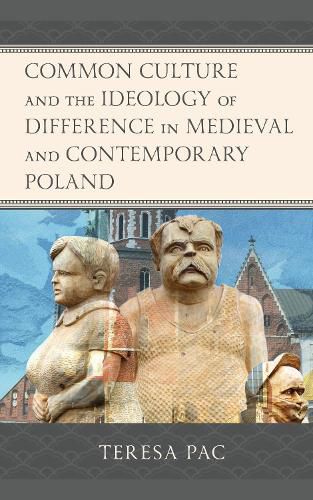Readings Newsletter
Become a Readings Member to make your shopping experience even easier.
Sign in or sign up for free!
You’re not far away from qualifying for FREE standard shipping within Australia
You’ve qualified for FREE standard shipping within Australia
The cart is loading…






The author enters a much-needed discussion on shared culture as foundational to societal survival. Through the examination of common culture as a process in medieval Krakow, Poznan, and Lublin, the author challenges the ideology of difference, including institutional, religious, ethnic, and nationalistic. In their denial of ethnic and religious diversity, the author contends, medieval rulers employed the Catholic Church’s moral authority, which had been tested in Western European societies. Similar, the author maintains, twenty-first century Polish leaders utilize anachronistic approaches in the invention of Polish Catholic identity to counteract the country’s increasing ethnic and religious diversity. As in the medieval period, the contemporary Polish political and social elites subscribe to the European Union’s ideology of difference, legitimized by a European Christian heritage, and its intended basis for discrimination against non-Christians and non-white individuals under the auspices of democratic values and minority rights, among which Muslims are a significant target.
$9.00 standard shipping within Australia
FREE standard shipping within Australia for orders over $100.00
Express & International shipping calculated at checkout
The author enters a much-needed discussion on shared culture as foundational to societal survival. Through the examination of common culture as a process in medieval Krakow, Poznan, and Lublin, the author challenges the ideology of difference, including institutional, religious, ethnic, and nationalistic. In their denial of ethnic and religious diversity, the author contends, medieval rulers employed the Catholic Church’s moral authority, which had been tested in Western European societies. Similar, the author maintains, twenty-first century Polish leaders utilize anachronistic approaches in the invention of Polish Catholic identity to counteract the country’s increasing ethnic and religious diversity. As in the medieval period, the contemporary Polish political and social elites subscribe to the European Union’s ideology of difference, legitimized by a European Christian heritage, and its intended basis for discrimination against non-Christians and non-white individuals under the auspices of democratic values and minority rights, among which Muslims are a significant target.